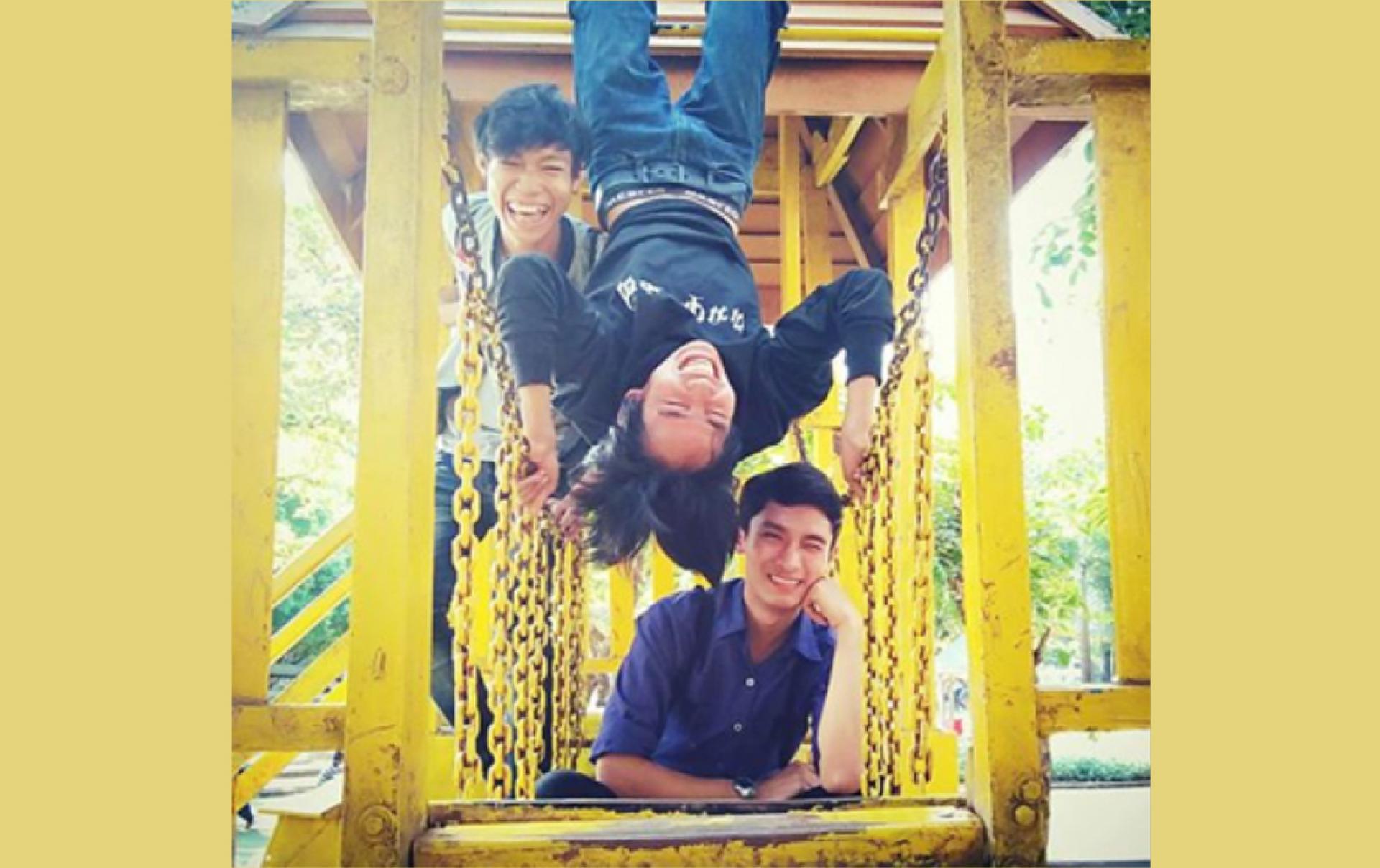
The first nationwide general Youth Study in Myanmar.
Never before had young people in Myanmar so many opportunities to pursue a different life than their parents.
Are Young People the Motor of Change in Myanmar?
Potentially yes, when considering that over 50% of the population is aged below 29 years. Though many young adults are under strict parental and social control which seems to limit their potential to develop new (social) skills needed to succeed in the ‘new’ Myanmar (like proactivity, utilising knowledge in new areas).
The generational gap has widened very fast.
The opening up of Myanmar has brought many new ideas, brands and job opportunities into the country. The most fundamental trigger that has stretched the horizon of society was the arrival of fast and affordable telecommunication. Within a few years, the country leapfrogged into the digital age though young people have adopted faster than most parents so that the information gap between generations has widened.
How do youngsters cope with the torrents of change that affect many aspects of life considering that they have not been prepared for cyber bullying, fake news and liberal views that are in contrast with tradition? Are they ready to actively challenge traditions and society by demanding a larger share of participation and self-determination?
MSR’s youth study takes a closer look at the attitudes towards life of young people aged 15-29 years.Generation Z, those who are today aged below 24 years, will be the first generation that is or will be socialised during their adolescence in a fast advancing digital Myanmar.
The Experience of Change
 The majority is excited about all the new opportunities and wants to be at the forefront of change. Yet, there is a lot of pressure on individuals to keep pace. 71% fear to be left out as they can’t catch up with all the new trends.
The majority is excited about all the new opportunities and wants to be at the forefront of change. Yet, there is a lot of pressure on individuals to keep pace. 71% fear to be left out as they can’t catch up with all the new trends.
47% agree with the statement: I feel that I have lost orientation in these changing times. Many (urban youngsters report increased mental stress levels due to higher competition on all levels like job, business, looks, possessions, travel experiences etc since everything is shared on Facebook so one is constantly comparing oneself with others.
However, 72% are optimistic about their future and 78% say it is important to adopt to new skills and new ideas.
Young people look for guidance and inspiration - 65% follow a thought leader on social media (vs. 30% follow a politician).
‘Thought leaders’ have mushroomed on Facebook who post their opinion on anything ranging from gender, religion or motivational advises often speaking out about issues. Hence having high moral authority for youngsters.
Yet, only 40% agree that social media has unreliable information particularly on political and social issues.
The Topics of the Report
 Understanding the context: Myanmar’s social fundament & key values governing society.
Understanding the context: Myanmar’s social fundament & key values governing society.
Lifestyle & Values: Relationship with parents and managing areas of tension; view on life & society; beliefs & values; attitudes on gender; civil beliefs and view on Myanmar’s transition; leisure time activities; typologies of Myanmar youth.
Being a consumer: spending power & saving habits; shopper behavior, product ownership; relevance of touchpoints impacting on purchase behaviour.
My online world: usage of online services/apps; attitudes towards social media; online interests.
We have applied several study modules to get holistic Insights into Myanmar’s youth:
-
Focus Groups and home visit in-depth interviews to understand the context of young people
- Two nationwide surveys: n=1120 and n=483 to measure attitudes, beliefs, consumer & online behavior
Any differences between age brackets, gender or urban vs rural are highlighted.
Please contact us for more details:
[email protected] or [email protected]
THANK YOU!


